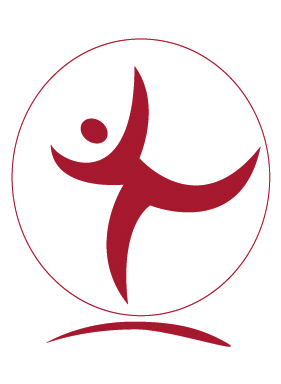Select an item by clicking its checkbox

Teaching Theological Studies from the Center of Diversity: Developing Pedagogical Approaches for FY 2040 in the Mid-Twenty-teens
Proposal abstract :
The dominant traditional image for theological education is the white steeple church which affirms white privilege and white ideological concerns as central to the formation of American religious ideals and principles. This image is counter-intuitive for teaching theology and ministry for the 21st century where racial and ethnic margins will become the center of American life. Crossing the tipping point on diversity while maintaining a curriculum and pedagogy that is guided by a steeple church theology of the 19th and 20th centuries is a funeral approach to theological education. This project seeks to effect a change within theological educators that will better prepare them to teach an intercultural, contextually relevant theology to learners who are racially and ethnically diverse, spiritual and religious, marginally spiritual yet interreligious, and spiritual but not religious. Through a process of critical engagement and reflection on provocative case study material, the faculty will explore pedagogical strategies that will create a new image for teaching theological studies from the center of diversity.
Learning Abstract :
The dominant traditional image for theological education is the white steeple church which affirms white privilege and white ideological concerns as central to the formation of American religious ideals and principles. This image is counter-intuitive for teaching theology and ministry for the 21st century where racial and ethnic margins will become the center of American life. Crossing the tipping point on diversity while maintaining a curriculum and pedagogy that is guided by a steeple church theology of the 19th and 20th centuries is a funeral approach to theological education. This project seeks to effect a change within theological educators that will better prepare them to teach an intercultural, contextually relevant theology to learners who are racially and ethnically diverse, spiritual and religious, marginally spiritual yet interreligious, and spiritual but not religious. Leaders at the forefront of advocating for diversity within theological education will facilitate reimagining conversations with the faculty. Through a process of critical engagement and reflection on provocative case study material, the faculty will explore pedagogical strategies that will create a new image for teaching theological studies from the center of diversity.
The dominant traditional image for theological education is the white steeple church which affirms white privilege and white ideological concerns as central to the formation of American religious ideals and principles. This image is counter-intuitive for teaching theology and ministry for the 21st century where racial and ethnic margins will become the center of American life. Crossing the tipping point on diversity while maintaining a curriculum and pedagogy that is guided by a steeple church theology of the 19th and 20th centuries is a funeral approach to theological education. This project seeks to effect a change within theological educators that will better prepare them to teach an intercultural, contextually relevant theology to learners who are racially and ethnically diverse, spiritual and religious, marginally spiritual yet interreligious, and spiritual but not religious. Through a process of critical engagement and reflection on provocative case study material, the faculty will explore pedagogical strategies that will create a new image for teaching theological studies from the center of diversity.
Learning Abstract :
The dominant traditional image for theological education is the white steeple church which affirms white privilege and white ideological concerns as central to the formation of American religious ideals and principles. This image is counter-intuitive for teaching theology and ministry for the 21st century where racial and ethnic margins will become the center of American life. Crossing the tipping point on diversity while maintaining a curriculum and pedagogy that is guided by a steeple church theology of the 19th and 20th centuries is a funeral approach to theological education. This project seeks to effect a change within theological educators that will better prepare them to teach an intercultural, contextually relevant theology to learners who are racially and ethnically diverse, spiritual and religious, marginally spiritual yet interreligious, and spiritual but not religious. Leaders at the forefront of advocating for diversity within theological education will facilitate reimagining conversations with the faculty. Through a process of critical engagement and reflection on provocative case study material, the faculty will explore pedagogical strategies that will create a new image for teaching theological studies from the center of diversity.